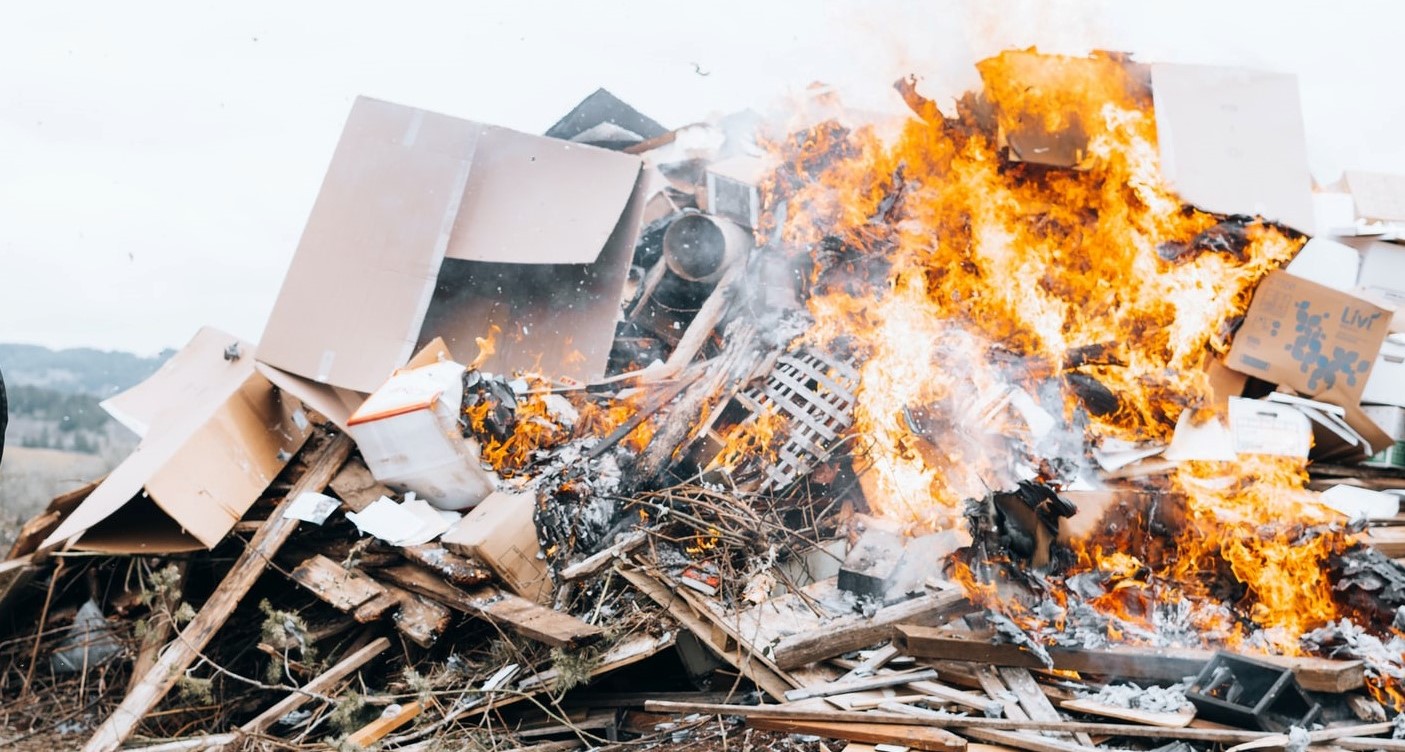Pollution caused by municipal waste is a major problem. In the most part of the territory there is no infrastructure for waste collection, and the inhabitants in the rural areas dump waste everywhere, mostly in streams and rivers.

If you travel to Albania during the summer, you may see soldiers in red berets along the national roads collecting cans and plastic bottles. They are the elite forces of the Albanian army, but during the tourist season, they act as cleaners to collect the waste dumped by people along the roads. In some other parts you may see crowds of children or administration officials doing the same thing. These are desperate attempts by the government to clean up what “harms the eyes”, meaning the visible part of the dirt.
Currently, pollution caused by municipal waste is a major problem. In the most part of the territory there is no infrastructure for waste collection, and the inhabitants in the rural areas dump waste everywhere, mostly in streams and rivers. From there, the water flow transports the waste in the sea and the sea brings it back to shore. During this ‘process’, large quantities of waste are deposited in river beds or tree branches, mainly plastic bags or textile waste. This situation has almost led to “clashes’ with the neighboring countries, Montenegro and Croatia, which have complained more than once that “Made in Albania” waste has ended up in their shores by sea currents.
Even the collected waste is a cause of concern, landfills compliant with environmental standards are lacking, and in many cities, there are only dumpsites where waste is dumped in the nature or burned. This has led to emergency situation in several cities. The problem remains unsolved while the government rushed to build incinerators, sparkling a huge public debate and a lot of accusations by the opposition and the media regarding corruption scandals in these projects. This, despite the EU directives and the National Waste Management Strategy, which set out the waste hierarchy starting with the prevention, reuse, recycling, disposal and incineration as the last resort in the hierarchy of waste management.
Albania has enacted a very good legislation on waste management. However, its implementation is lagging behind, adding here low public awareness too. Today, you see people fly tipping waste from the car window, and they do not get fined.
Recycling industry made improvements thanks to the initiative of several entrepreneurs, who were never supported by any government. In Albania, separate collection of waste at source is not applied in any city. Recyclers had set up their own networks for recyclable waste collection, also serving as cleaners for the respective areas. However, in parallel with incinerator construction projects, the central and local governments severely discouraged recycling by not allowing people, mainly members of poorer communities, such as Roma people, to collect recyclable waste. This led to a further reduction in the amount of waste recycled, to no more than 10%.
Currently, big amounts of waste, such as paper, plastic and metal, etc. are not recycled but landfilled together with the organic waste, sent to incinerators, or to dumpsites. In cases where waste is not collected, it gets dumped at the environment.
Incinerators, which are being built through a formula of cooperation with private entrepreneurs known as PPP, are considered by the opposition as projects of money laundering and budget theft. As they are being built by some companies registered in other countries, mostly in tax havens, but controlled by the same people.
This happens.
Mentor Kikia, journalist and ecology activist



Leave A Comment